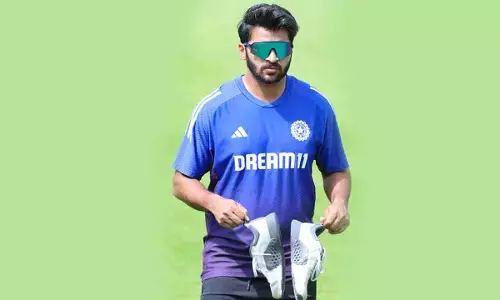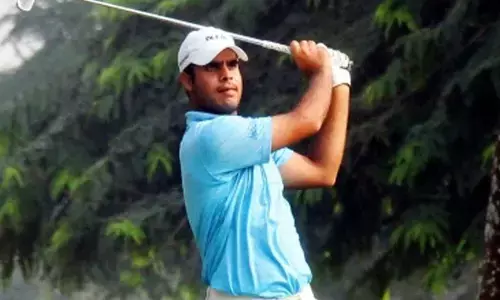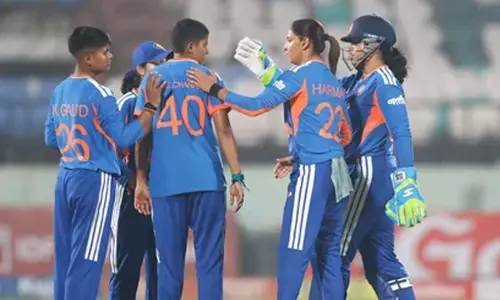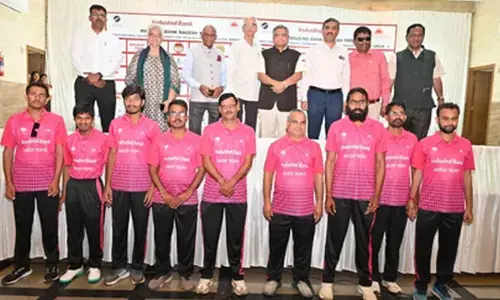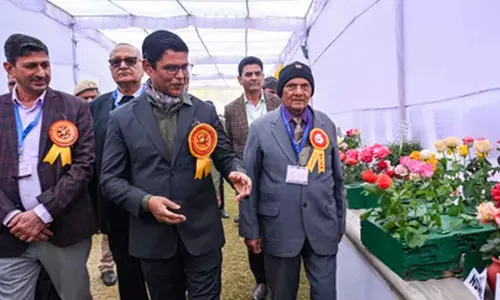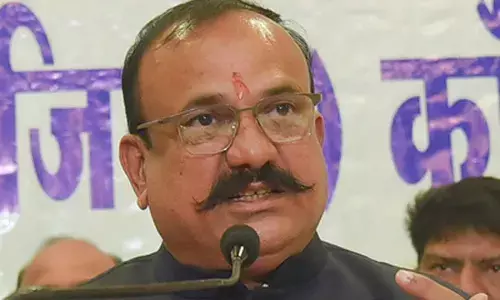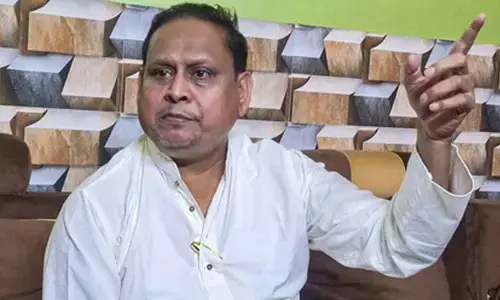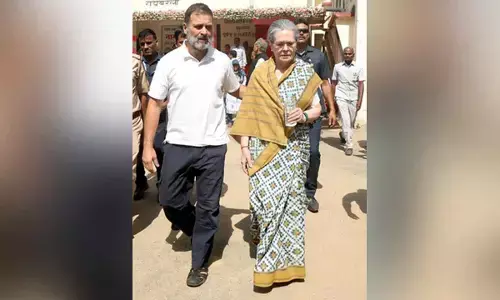A salubrious celebration
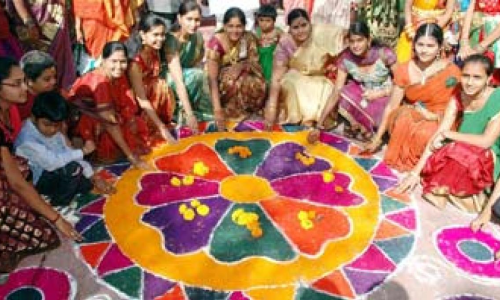
Osman Ali Khan, The Nizam of Hyderabad, asked his Kothwal (Director/Inspector General of Police) Pingali Venkatarami Reddy about the significance of Dasara Festival. Reddy told him the popular belief, tracing to Mahabharatha, that it is to celebrate the victory of Virata\'s military against that of the Kouravas .
Osman Ali Khan, The Nizam of Hyderabad, asked his Kothwal (Director/Inspector General of Police) Pingali Venkatarami Reddy about the significance of Dasara Festival. Reddy told him the popular belief, tracing to Mahabharatha, that it is to celebrate the victory of Virata's military against that of the Kouravas . But someone had earlier told the Nizam that “it is symbolic of Victory of Rama over Ravana” in the Ramayana. Nizam wanted an authoritative study of all the Hindu Festivals.
Suravaram Pratap Reddy was assigned the task. As a result "Hinduvula Pandugalu,” a book with a brief introductory message in Telugu from Dr Sarvepalli Radhakrishnan was brought out in 1931. Dr Radhakrishnan in his message said: "Reddy has dwelt with many traditions. Undoubtedly some of them are outdated. With that pretext, neglecting rational, auspicious and occasions intended to gather with fraternal love and affection is indefensible."
Reddy in his forward observes: "No other race has as many festivals as the Hindus. Even the Pandits lack proper knowledge about some important festivals like Deepavali and Dasarah. Solving such riddles is the purpose of this treatise." Among many festivals three most important for the Andhras are Ugadi, beginning of the Telugu New Year, Dasarah, the victory of good over evil and Sankranthi.
It is a festival based on the Solar system. Though astronomically, the Sun starts moving from the Southern Hemisphere to the Northern on December 21st, the common belief among the Indians the movement starts on Jan, 13th/14th on the day of Makara Sankramana, hence the celebrations.
It is generally observed for two days among the vegetarians and three days among the non-vegetarains: Bhogi, Snkranthi and Saddi Panduga (Stale festival –Non-vegetarian). Reddy quotes Srinatha Kavisarvabouma "Siblings friendly fight with warm water and mother-in-law and daughter-in-law competing to warm up in front of the fire and for taking oily bath with warm water. " Original Extracted for reference:
The verandah in the village homes and the bungalows and the streets in the towns are swept and cleaned with cow dung. Then they are decorated with flowers and colorful pictures of the Gods and the Angles drawn out of stone powder. (Rangavalli-muggulu). Homes are decorated with green leaves and plantain saplings.
A mixture of gingelly, jaggery, dry coconut, groundnut and Bengal Gram (Lentils -putnalu) is consumed and served to the guests with a greeting: “Eat gingelly and jaggery and speak wisely.” Understandably a culture borrowed from Karnataka; initially in Rayalaseema and now spread all over AP, the tradition is the counterpart of Ugadi special Pacchidi; a mixture of sweet and bit.
For Andhras, it is the festival of new harvests. Symbolic menu is Millet Roti, a mixture of old and new, and Dhal Meal (Pappannam). Along with the new crops, the newly married daughter and the son-in-law also arrive and are entertained with new clothes and other gifts; sometimes making good for the shortcomings during the marriage.
They are served with the choicest Andhra cuisines: Bajjilu, Pakodilu, Vadalu, pindi vantalu everywhere; Bhakshalu in Rayalaseema; Garelu, Boorelu and Bobbatlu in Coastal Andhra; Pootharekhalu in Rajus (Kshtriyas) families. In Telangana, it is keedu panduga (inauspicious festival) for it is a day when they offer prayers to the ancestors with gingelly laddu. New couples are not entertained – an influence of the presence of a large number of North Indians, Maharashtrians and Kannadigas.
"Flying kites and playing Kabaddi among human beings and cock fighting and bullock race are the popular sports event during the festival." From ancient to modern, including the Arasa and Virasa (Progressive and Revolutionary) poets sang in its praise; rationalists approve it; for it is not only sentimental and symbolic, scientific too, associated with agricultural operations, too. Hence even in the year of draught the festival is dispirited, but has not disappeared.








